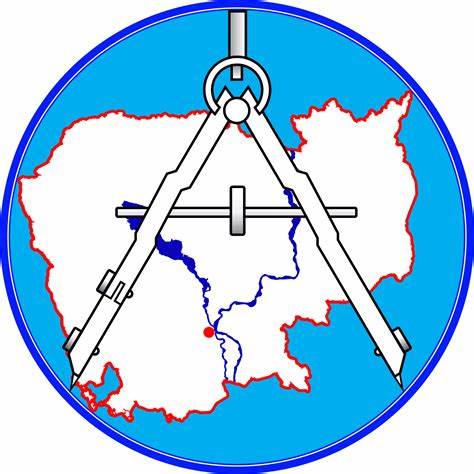Issue Description
At present there is no standardised way of describing building measurements in Cambodia, or confirmation of which measurement type should apply to each property use type. This has led to a situation in which real estate professionals may use differing techniques, obscuring the definition of what constitutes a measured area. For example, some real estate actors utilise Gross Area when describing an area of property, but in some instances, this may include areas such as lift shafts, stairwell voids and open-sided balconies, whereas another party may use the same wording ‘Gross Area’ but not include the items listed. Differences in definition makes comparing two property assets time consuming and confusing, creating issues for all parties, in particular valuers, agents, occupiers and investors. Research shows that a property’s floor area can deviate by as much as 24% depending upon the method of measurement used; and even a small variation can have a significant impact on the valuation of a property.
In many countries, a regulatory body sets out a series of measurement definitions and stipulates the appropriate way for each property type to be described. Property measurement standards are increasingly becoming standardised at a global level in order to allow agents, investors, and developers to quickly and easily understand the basis upon which an asset has been measured and to compare it accurately with assets in another country.
Impact on business
A lack of standardised measurement techniques creates inefficiency in the market and, in the worst case, leaves the sector open to abuse. It is ultimately consumers who lose out from this uncertainty and increases the likelihood of buyers and tenants losing confidence as a result of a bad experience. This may create difficulties for the real estate market and Cambodia’s investment environment as a whole. With cross-border real estate investment increasing, having a standardised measurement approach which is widely recognised will reduce barriers to entry and increase confidence.
Recommendation
- Prescribe a set of universal standards of measurement for the real estate industry.
We recommend prescribing a set of universal standards of measurement for the real estate industry.
Such a measure will help to foster a standardised approach across the Kingdom, improving transparency and allowing real estate professionals to more readily instill confidence in their advice and the real estate market. Therefore, we respectfully recommend that the Royal Government of Cambodia standardise the methodology for measuring property by defining which components of a property should be included and which should be subtracted from the total size to reduce the existing uncertainty.
Whilst it will be arduous for the Royal Government of Cambodia to decide which set of measurement definitions is most appropriate, it is advisable to consider adopting the approach set out by the International Property Measurement Standards Coalition (IPMSC). IPMSC has emerged as a favoured path for globalised measurement standardisation and has been adopted by an international group of over 70 professional and not-for profit organisations, including the Asia Pacific Real Estate Association, the China Institute of Real Estate Appraisers and Agents, and the Royal Institute of Chartered Surveyors. The members of IPMSC work together to develop and embed a single property measurement standard, with the aim of driving consistency and confidence in global real estate.
Royal government of Cambodia
Initiative from Eurocham: The issue has been raised by the Real Estate & Construction Committee within The White Book edition 2024 in the Recommendation No. 50.

National Counterparts

Ministry of Land, Management, Urban Planning and Construction

